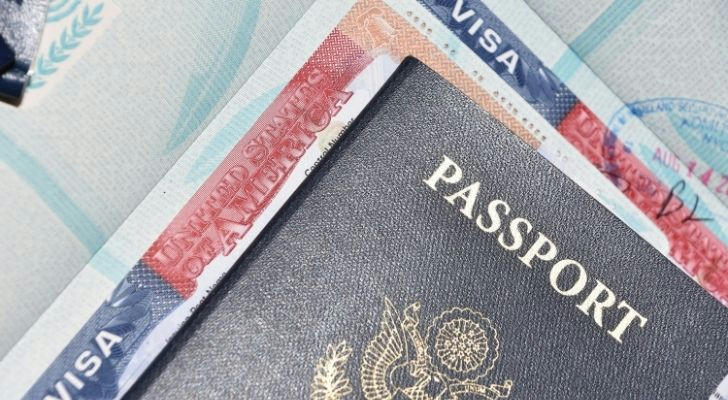Don't Make These Mistakes: The 'Absolute No' List for Studying Abroad

Nelson Mandela once said, "Education is the most powerful weapon which you can use to change the world." This idea is a major reason many people choose to study abroad. For many, studying abroad is a significant turning point. It offers not only an international education but also the chance to broaden horizons and enhance personal skills.
Yet research shows that about 70% of international students experience some degree of “culture shock” when they first arrive in a new country.They also face challenges like academic pressure and financial burdens. Therefore, this article lists some issues that international students often overlook when studying abroad. It also gives some suggestions to help them prepare for studying abroad.
Failing to Do Enough Background Research

Understanding the culture is crucial for every international student. When picking a study destination, many students focus only on language and academic rankings. They often neglect to learn about the culture and social customs of the host country. For instance, in many Western countries like the United States, people commonly greet each other with a handshake and a smile. They also value personal space and eye contact.
In contrast, in some Asian countries like Japan, greeting someone typically involves bowing. Direct eye contact may be considered rude. This cultural difference can lead to misunderstandings. For example, an American student might think Japanese people are unfriendly, when they are just following their own social customs.
Solution: To avoid these misunderstandings, students should read about their host country's culture before leaving. Joining cultural exchange programs or online forums can also provide valuable insights and experiences from current or former international students.
Underestimating Living Costs

Knowing the living costs in your chosen city and setting aside emergency funds are key to financial stability. For instance, recent statistics show that the average annual tuition at top private universities in the U.S. is about $50,000, while public universities charge around $25,000.
Students also need to think about living expenses like food, housing, and transportation. Creating a detailed budget that includes these costs and tracking exchange rate changes can help manage finances effectively.
Solution: Students should create a budget that lists all expected expenses and start saving before they leave. Using budgeting apps can help track spending. Looking for part-time work or scholarships can also reduce financial pressure.
Not Building a Social Network

A supportive social network is vital for a successful study abroad experience. Many students isolate themselves due to language barriers or cultural differences. This can lead to feelings of loneliness and added stress. A welcoming social environment can provide emotional support and valuable resources.
Jackie is a student from Hong Kong who chose to study in the UK last year. In the first few weeks after arriving in London, he felt very lonely, especially due to the discomfort of adapting to a new environment. To break this isolation, Jackie decided to participate in the school's international student orientation activities. During these events, he met classmates from various countries and actively joined a cultural exchange club.
By participating in these activities, Jackie not only made friends but also took part in weekend city tours and food-sharing events. He particularly enjoyed trying different cuisines with other international students, which deepened his understanding of various cultures. Over time, Jackie’s English improved significantly, and his social circle expanded.
Solution: Students should participate in orientation programs and social events offered by their universities. Joining international student organizations or local community groups can help students meet others who share similar experiences, making it easier to form friendships.
Ignoring Visa and Legal Requirements

Applying for a visa is a critical step in studying abroad. Many students make mistakes because they are unfamiliar with the process. Understanding visa rules is essential for a successful experience. Students should research visa requirements thoroughly to ensure that all documents are complete and accurate. For example, in the U.S. or Australia, students must have a valid student visa and must follow the rules about how long they can study.
Solution: To avoid visa issues, students should consult their university's international office or seek advice from immigration experts. Keeping track of important deadlines and using checklists can help ensure all paperwork is submitted on time. Understanding local laws can also prevent unintentional violations.
Conclusion
Studying abroad is a journey full of opportunities and challenges. By avoiding these common mistakes and implementing the suggested solutions, students can adapt better to their new environments and make the most of this valuable experience. Every international student can achieve personal growth and embrace future challenges. With careful preparation and active participation, students can create their own remarkable stories during this transformative journey.
